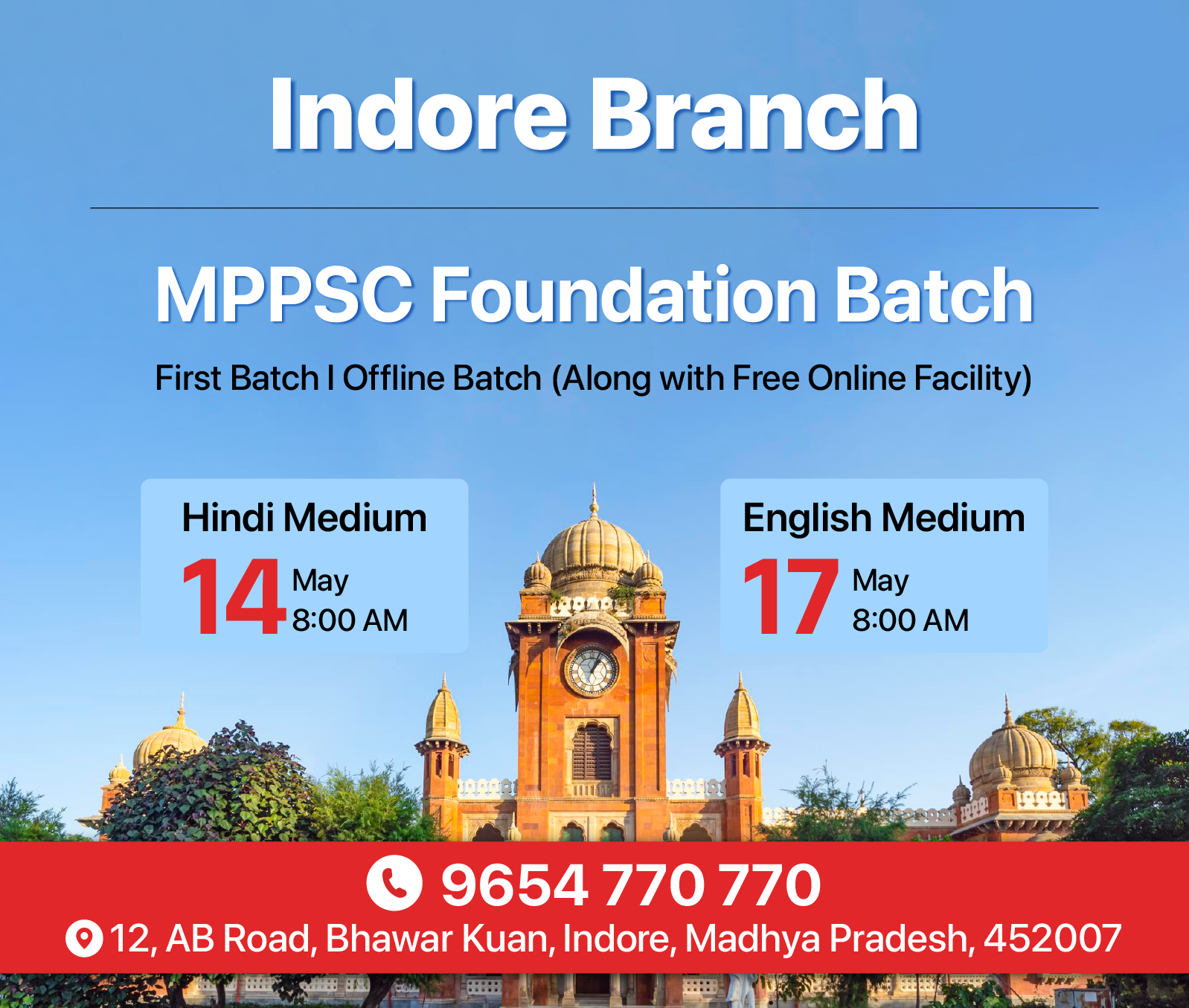Madhya Pradesh Switch to Hindi
‘Emergency’ Chapter to be Part of School Curriculum
Why in News?
Recently, Madhya Pradesh chief minister Mohan Yadav announced the inclusion of a chapter on the Emergency in the state's school curriculum.
- The chapter will explain the “excesses and repression” committed during the Emergency, which was imposed by the Government of India in 1975.
Key Points
- The motive behind this step is to make the present generation aware of the struggle during the 1975 to 1977 Emergency period.
- The CM announced several additional facilities for ‘Loktantra Senanis’ (democracy fighters) who took part in the struggle against the Emergency.
- Democracy fighters will be provided with air ambulances in case of serious health problems, and anti-emergency crusaders will receive a 25% discount on fares.
- All arrangements will be made to conduct the final rites of the 'Loktantra Senanis' with state honors. The amount provided to their families at the time of the funeral will be increased from the current ₹8,000 to ₹10,000.
- Employment opportunities will be made available to the family members of the democracy fighters by providing them with the necessary training to set up industries or other business ventures.
- On June 25, 1975, then Prime Minister Indira Gandhi imposed an Emergency in the country, jailing opposition leaders and dissidents and effecting press censorship. This year observed the 50th anniversary of the beginning of this period.
Emergency
- Emergency provisions are contained in Part XVIII of the Constitution of India, from Article 352 to 360.
- National Emergency (Article 352)
- This provision empowers the President to declare a state of emergency if he is satisfied that the security of the country or any part thereof is threatened by war, external aggression, or armed rebellion.
- State emergency (Article 356)
- Article 356 empowers the President to impose President's Rule in a state if he is satisfied that the government in the state cannot be carried on in accordance with the provisions of the Constitution.
- This provision is invoked in cases of breakdown of constitutional machinery in a state, allowing the Union to take over the governance of the state.
- Financial emergency (Article 360)
- This provision allows the President to declare a state of financial emergency if he is satisfied that the financial stability or credit of India or any part thereof is threatened.










%20MPPCS%202025%20Desktop%20E.jpg)
%20MPPCS%202025%20Mobile%20E%20(1).jpg)










.png)
.png)











 PCS Parikshan
PCS Parikshan

